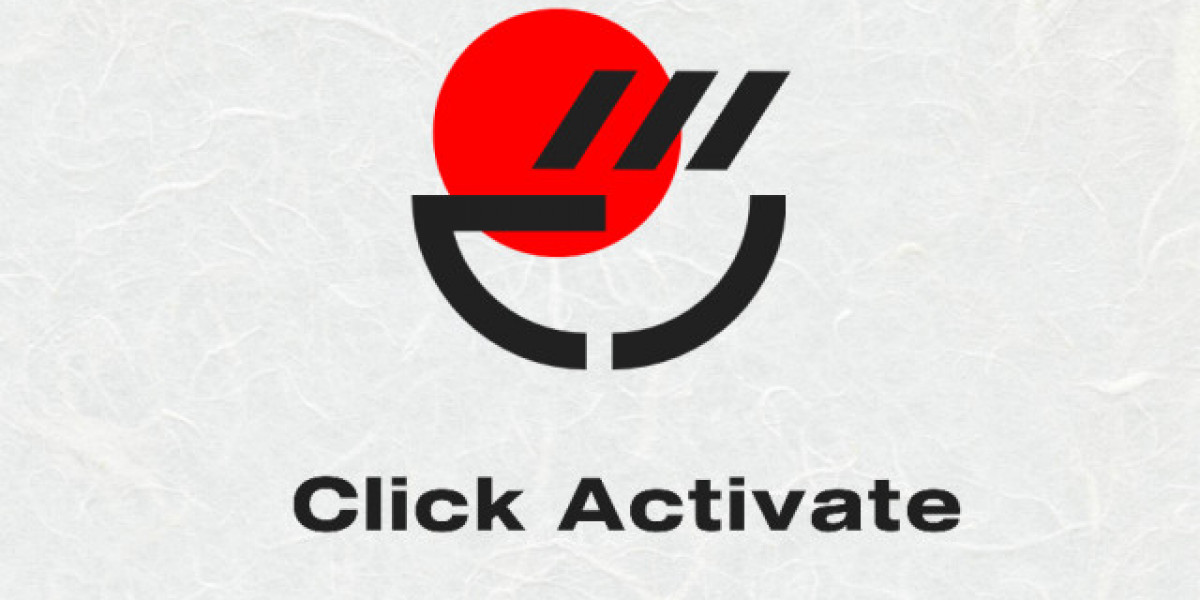With the rapid growth of digital platforms, Islamic websites have become an essential tool for education, connection, and spreading Islamic values. Whether you're running a mosque's website, an online Quran academy, or a platform sharing knowledge about Islamic teachings, understanding and implementing effective SEO (Search Engine Optimization) strategies is key to ensuring your website reaches the right audience.
This guide will detail actionable steps to optimize SEO for Islamic websites, helping you improve your visibility, attract more visitors, and amplify your mission. By the end of this guide, you'll know how to enhance your website's ranking on search engines and create an engaging platform that resonates with your audience.
What Is SEO for Islamic Websites?
Before we dig into the specific tips, let's define what “SEO for Islamic websites” means. SEO, or Search Engine Optimization, is the process of improving a website's visibility in search engine results to attract organic traffic. For Islamic websites, SEO involves tailoring strategies that reach people searching for Islamic content such as Quranic education, daily prayer times, or cultural articles. The ultimate goal is to connect with those seeking valuable Islamic resources.
The unique focus that comes with SEO for Islamic websites requires addressing the cultural and religious authenticity of content while ensuring the technical optimization needed to succeed online. It’s a niche that demands a strategic blend of faith-based relevance and current technological capabilities.
Why Is SEO Important for Islamic Websites?
Islamic websites often cater to a global audience that depends on accurate and authentic resources to gather knowledge or engage in spiritual practices. By optimizing your Islamic website for SEO, you can:
- Help more people access your resources, such as prayer guides or Quranic verses.
- Build trust with an audience looking for religiously authentic content.
- Ensure your platform remains visible and competitive in a crowded digital space.
Now, let's explore how you can effectively implement SEO strategies for your Islamic website.
Step-by-Step Guide to SEO Optimization for Islamic Websites
1. Conduct Keyword Research with a Faith-Based Audience in Mind
Keyword research is the foundation of any successful SEO campaign. To increase the visibility of your Islamic website, you need to identify phrases and keywords that your target audience searches for.
Tools to Help with Keyword Research:
- Use free tools like Google's Keyword Planner or Ubersuggest to find relevant keywords like "Islamic teachings," "daily prayers," or "Quranic recitation."
- Explore variations by adding location-specific modifiers, like "prayer times in New York" or "Islamic classes online in the UK."
- Include long-tail keywords like “how to learn the Quran for beginners” or regional queries such as “Zakat calculator in Malaysia.”
By developing a dedicated list of Islamic-related search terms, you can incorporate them strategically within your website's content, helping your pages rank higher for relevant queries.
2. Optimize On-Page SEO for Islamic Keywords
On-page SEO refers to optimizing features that are directly within your control. Make sure your website aligns with best practices to ensure smooth navigation for both users and search engines.
Key On-Page Strategies for Islamic Websites:
- Title Tags & Meta Descriptions: Ensure key pages include relevant terms like "Learn Islamic Studies Online" or "Understanding Allah's 99 Names." Meta descriptions should be concise yet informative with focused keywords.
- Header Tags (H1, H2, H3): Use headers to break up content. For example, use “Benefits of Islamic Education” as an H2 and “How to Recite Quranic Verses Properly” as an H3.
- Content Optimization: Ensure all posts, articles, and resources feature target keywords naturally. Avoid keyword stuffing, which can annoy your readers and lead to penalties from Google.
- Image Alt Text: Use image descriptions that include Islamic-related terms. Example alt text could be “Muslim man praying at mosque during Ramadan.”
3. Build High-Quality, Faith-Based Content
Islamic websites thrive on authenticity. Focus on creating content that your audience sees as a valuable resource for spiritual growth or cultural understanding. This ensures users stay engaged and return for more.
Ideas for Content:
- Blog posts such as “10 Tips for a Spiritually Productive Ramadan.”
- Downloadable prayer guides, Hadith translations, or Quranic audio files.
- Tutorials, such as “How to Perform Wudu Step by Step.”
- Videos on Quran education or live-streamed sermons.
Remember, search engines value unique, detailed, and helpful content. Write with originality and authenticity while ensuring all information aligns with credible Islamic teachings.
4. Leverage Local SEO for Your Islamic Community
Many Islamic websites serve a local community, whether it’s mosques offering prayer schedules or Islamic schools coding information about available programs. Local SEO ensures your website appears in searches within your immediate area.
Key Local SEO Actions:
- Claim your Google My Business listing to highlight your location.
- Use location keywords like "Mosque near downtown Chicago" or "Halal restaurants in Los Angeles."
- Include an interactive map on your website to help visitors find nearby services.
For mosque websites, displaying accurate prayer times for the local region is especially valuable and deserves proper keyword usage for SEO enhancement.
5. Technical SEO Considerations for Islamic Websites
A technically optimized site performs better across devices, runs faster, and appears more professional to search engines and users alike.
Essential Technical SEO Features:
- Mobile Optimization: Many users access Islamic websites on mobile devices, especially for resources like prayer times or Quranic audio. Ensure your website is mobile-friendly.
- Fast Loading Speeds: Use tools like Google's PageSpeed Insights to ensure your website isn’t slowing visitors down. Compress images and optimize code if necessary.
- Secure Website (HTTPS): Trust is crucial—ensure your audience feels safe engaging on your site with a secure (https://) protocol.
6. Build Backlinks with Relevant Islamic Websites
Backlinks help improve your credibility and domain authority. Create partnerships with trusted Islamic websites, organizations, and blogs that might feature your content or link to it.
Examples of Outreach:
- Partner with Islamic charities to create joint guides around Zakat or donations.
- Guest post on Muslim blogs with content linking to your site.
- Request mosque directories to include links to your website.
By building faith-based partnerships, you benefit from credibility, trust, and increased visibility in the Islamic community.
Tuning into Keywords for “Online Quran Classes”
Online Quran classes is one of the top searches in the Islamic education niche. If your website offers this service, customize landing pages optimized for this exact term. For example:
- Create content targeting both adults and children by highlighting unique features, like flexible class timings and certified Islamic educators.
- Write user-friendly FAQs addressing specific needs like "What online Quran classes are free?" or "Can beginners join these classes?"
Prominently feature this keyword in title tags, URLs, and image alt text to attract users specifically seeking Quranic education.
Amplify Brand Visibility with “Islamic Websites Development Tips”
Another strong query pattern revolves around Islamic websites development tips. Muslim developers searching to build or enhance platforms for mosques or Islamic businesses would benefit from technical insights.
Offer resources on topics like:
- Choosing religiously appropriate website templates.
- Integrating cultural aesthetics like Arabic or Islamic calligraphy.
- Adhering to Islamic guidelines for e-commerce platforms, ensuring halal compliance in transactions.
Such tailored content positions you as an industry authority while appealing to a niche demographic.
Enhancing Islamic Reach and Community Engagement Online
Optimizing your Islamic website with SEO for islamic websites isn’t just about appearing at the top of Google searches—it’s about sharing knowledge, creating impact, and fostering community connections. By balancing faith-based authenticity with technical proficiency, you can ensure your website grows into a trusted resource in the online Islamic community.
Start implementing these strategies today to expand your audience and achieve higher visibility. For continuous updates and tailored tools, check out our SEO services designed specifically for faith-based websites.







